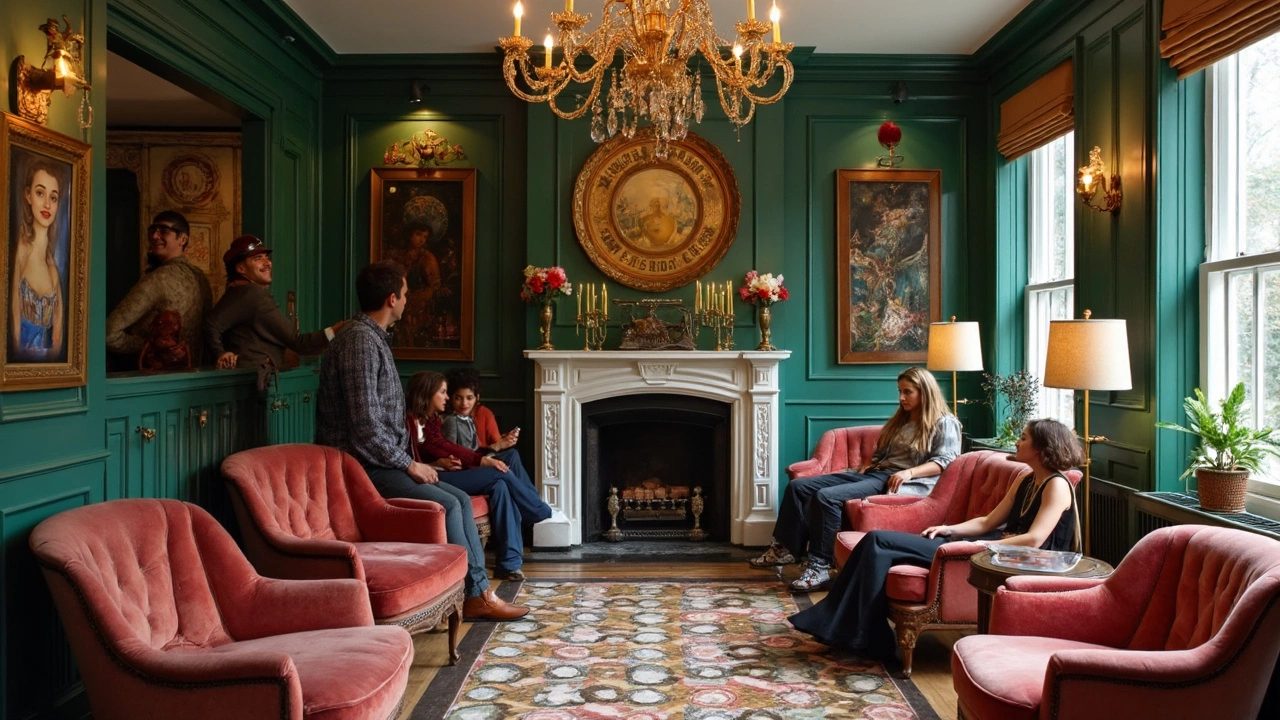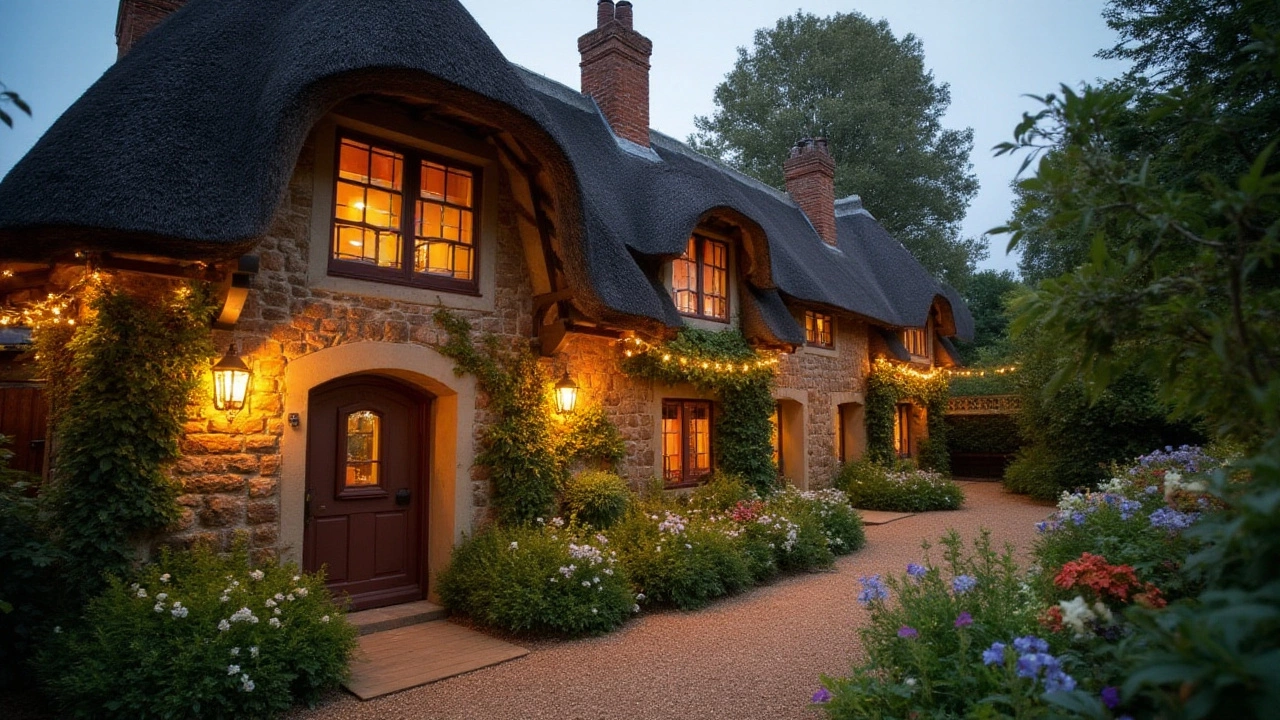Boutique Hotels in the UK – What Makes Them Special
If you’re tired of cookie‑cutter rooms and endless chains, a boutique hotel might be exactly what you need. These properties are usually smaller, stylish, and packed with local character. Think historic buildings turned into cosy retreats, or modern lofts that showcase the neighbourhood’s art scene. Because they’re often run by passionate owners, you get personal touches that large chains just can’t match.
Why Choose a Boutique Hotel?
First off, size matters. Most boutique hotels have fewer than 50 rooms, so you won’t be stuck waiting for a lift or fighting for the breakfast buffet. The smaller scale means staff can remember your name, your favourite coffee, or even that you asked for extra pillows last stay.
Second, design is a big deal. Each property usually has a theme or a story – a converted farmhouse in the Cotswolds, a riverside loft in York, or a renovated mill in the Lake District. The décor isn’t a one‑size‑fits‑all policy; it’s curated to reflect the location’s heritage and vibe.
Third, food and drink are often louder than you’d expect. Many boutique hotels house an on‑site restaurant that sources ingredients from nearby farms, giving you a real taste of the region. Some even offer private dining rooms or tasting menus that change with the seasons.
How to Find the Best Boutique Stays
Start with a focused search. Use keywords like “boutique hotel Cotswolds” or “design hotel Edinburgh” rather than just “hotel”. Niche travel sites and local tourism boards often list hidden gems that don’t show up on big booking engines.
Read recent reviews. Guests will usually comment on the personal service and unique features – those are the signals you want. Look for mentions of things like “owner‑hosted dinner” or “historic building with original beams”.
Don’t overlook social media. Instagram accounts for boutique hotels showcase rooms, meals, and local attractions in a quick visual format. If a hotel’s feed feels authentic and not overly staged, chances are the experience will match the pictures.
Finally, think about the extras that matter to you. Some boutique hotels offer free bike rentals, guided walks, or even in‑room spa treatments. Knowing what you value helps you narrow down the list without wasting time.
Booking a boutique hotel is a bit like picking a boutique wine – you want something with personality, a sense of place, and a story you can share. Whether you’re planning a weekend in the Scottish Highlands or a romantic stay on the Cornish coast, the right boutique spot can turn an ordinary trip into a memorable adventure. So next time you plan a getaway, skip the big chain and try a boutique hotel – you’ll likely discover a new favourite corner of the UK you never knew existed.
What is an Example of a Boutique Hotel? Exploring Unique Stays
Ever wondered what sets a boutique hotel apart from the usual chain hotels? This article breaks down exactly what makes a boutique hotel unique using real-world examples. You'll get tips on spotting the difference, what to expect during your stay, and why these places keep popping up on 'must-visit' lists around the world. Perfect if you're looking to make your next trip feel a bit more special and personal.
- Jun, 20 2025
- 0 Comments
Discovering the Unique Charm of Boutique Hotels vs. Traditional Hotels
Boutique hotels and regular hotels both provide lodging, but they cater to different needs and preferences. Boutique hotels are typically smaller, offering personalized experiences and unique design elements. In contrast, regular hotels focus on standardized amenities and services. Understanding these differences can significantly enhance your travel experience, granting an intimate or classic stay according to your preferences.
- Dec, 16 2024
- 0 Comments
Exploring the Distinctive Worlds of Business Hotels and Boutique Hotels
Business hotels and boutique hotels cater to different needs and preferences for travelers. Business hotels typically offer an array of amenities tailored for corporate guests, such as conference facilities and high-speed internet. In contrast, boutique hotels provide a personalized, unique experience with an emphasis on design and local culture. Understanding the key differences can help travelers make informed choices about their accommodation. This article examines the distinct characteristics and offerings of each to guide selections when traveling.
- Dec, 15 2024
- 0 Comments


